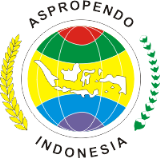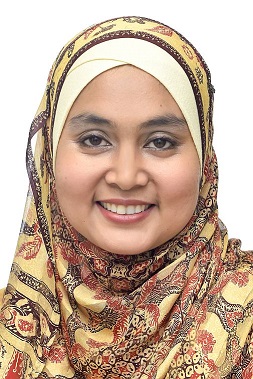ASSESSING HIGH SCHOOL STUDENTS' PERCEPTIONS OF ENVIRONMENTAL SUSTAINABILITY: A CASE STUDY AT ADIWIYATA SCHOOLS IN DISASTER-PRONE AREA, INDONESIA
Keywords:
high school, student perception, environmental sustainability, adiwiyata schoolAbstract
This study aims to determine students' perceptions of environmental sustainability at the High School level. This research takes a case study at Adiwiyata School in a disaster-prone area of Banda Aceh City, Indonesia, that applied the concept of sustainability in the learning curriculum. The data was collected by using Middle School Environmental Literacy Survey (MSELS) instruments. These instruments are related to knowledge, concern, and attitude domains for analyzing high school students' perceptions. Data was collected by giving questionnaires to gather information about how students define sustainability. Data analysis was performed with a statistical percentage of questionnaire answers and open-ended questions about the knowledge of students' environmental issues and sustainability from a global perspective. The results showed that the most known environmental issues by students were environmental issues related to the effects of greenhouse gases and the effects of climate change. Based on the results of the study found that as many as 73% of students said they had heard the issue and could not explain it. The level of environmental concern of students within environmental issues is quite good. Students choose the form of environmental sustainability in terms of saving energy, recycling, and developing renewable energy sources.
Downloads
Submitted
Accepted
Published
Issue
Section
License
Copyright (c) 2024 Jurnal Pendidikan Ilmu Sosial

This work is licensed under a Creative Commons Attribution 4.0 International License.













